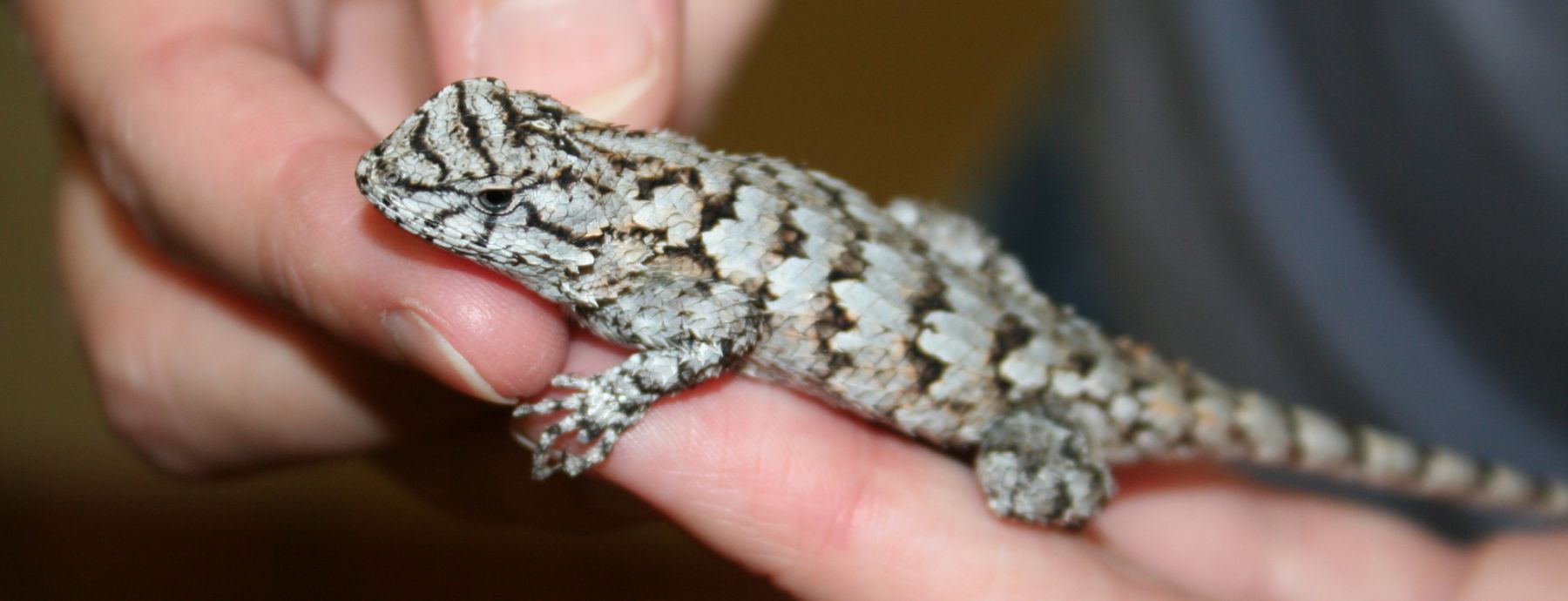The connection between stress and immune response has been well explored in the context of understanding how the duration of stress can enhance or suppress host immunity. Chronic stress, usually defined as lasting weeks or months, differs from acute stress, which lasts hours or days, in that chronic is thought to suppress immune responses while acute is immuno-enhancing. However, the use of “chronic” and “acute” in describing stress ignores other dimensions of stress and ignores the possibility that duration alone may not be predictive of immune outcomes. Few studies have explored whether the frequency or intensity of stress could also be predictive of immune outcomes, and may provide another dimension to our understanding of stresses. Using a lizard model system, graduate student Gail McCormick, CIDD researcher Katriona Shea and Penn State's Tracy Langkilde tested whether changing the frequency, duration and intensity of stress levels by artificially manipulating a stress hormone, corticosterone, changed the outcome of lizard immune responses. The researchers found that high intensity stress even at short duration, impacted immune responses by suppressing certain immune factors to a greater extent than chronic stress over long periods of time. The findings suggest that a new paradigm in categorizing stress, one that veers away from “acute” and “chronic” stress, and encompasses variables other than duration alone, will have greater predictive value in determining the effect of stress on immune responses. The findings are published in General and Comparative Immunology, available here.
Synopsis by Jo Ohm.
Written By: McCormick GL, Shea K, & Langkilde T
Paper Url: http://www.sciencedirect.com/science/article/pii/S0016648015002026
Paper Id: 10.1016/j.ygcen.2015.07.008
